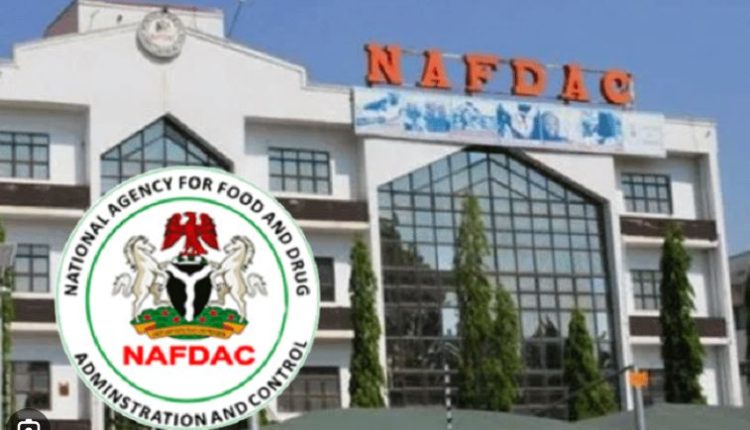To intensify its campaign against counterfeit and unsafe medicines in Nigeria, the National Agency for Food and Drug Administration and Control (NAFDAC) in his operation has destructed more than N15 billion substandard and expired products in Ibadan, Oyo State.
The exercise, carried out on Wednesday at the Moniya dumpsite, was aimed at preventing dangerous pharmaceutical and consumer items from re-entering circulation and threatening public health.
NAFDAC’s Director-General, Prof Mojisola Adeyeye, represented by the Director of Investigation and Enforcement, Mr Martins Iluyomade, explained that the agency was determined to safeguard Nigerians from exposure to falsified, unwholesome, and unregistered products.
Read Also: NAFDAC warns nigerians against dangerous fake malaria, antibiotic drugs in circulation
Among the destroyed items were counterfeit medicines, expired vaccines, banned analgesics such as analgin, co-codamol, and codeine-based syrups, as well as high-risk substances including tramadol and oxytocin.
Expired cosmetics and packaging materials seized during enforcement raids were also part of the exercise.
Prof Adeyeye disclosed that one major interception involved a container disguised as diclofenac but actually stocked with anti-malarial drugs. The shipment, containing 277 cartons with over 100,000 tablets, was seized, and the suspect behind the importation is now facing prosecution.
She further revealed that NAFDAC operatives had recently uncovered illegal manufacturing activities within a military barracks in Lagos, where cosmetics and packaging materials were confiscated.
Acknowledging the role of law enforcement agencies, the NAFDAC boss praised the Nigeria Customs Service for handing over 25 containers of contraband, including tramadol, artesunate injections, and frozen poultry, all of which were destroyed during the Ibadan exercise.
She also commended the Nigeria Police Force, Nigerian Army, State Security Service, and Pharmacists Council of Nigeria for their continued partnership.
Prof Adeyeye urged Nigerians to support the fight against counterfeit medicines by avoiding unlicensed drug sellers and reporting suspicious activities to the agency.
She called on community leaders, health workers, and journalists to raise awareness about the dangers of patronising black-market drugs, stressing that vigilance and collaboration remain essential in protecting lives.
“These prohibited products are part of what we are destroying today, and their removal marks another victory in the battle against violative and harmful substances,” she said.



